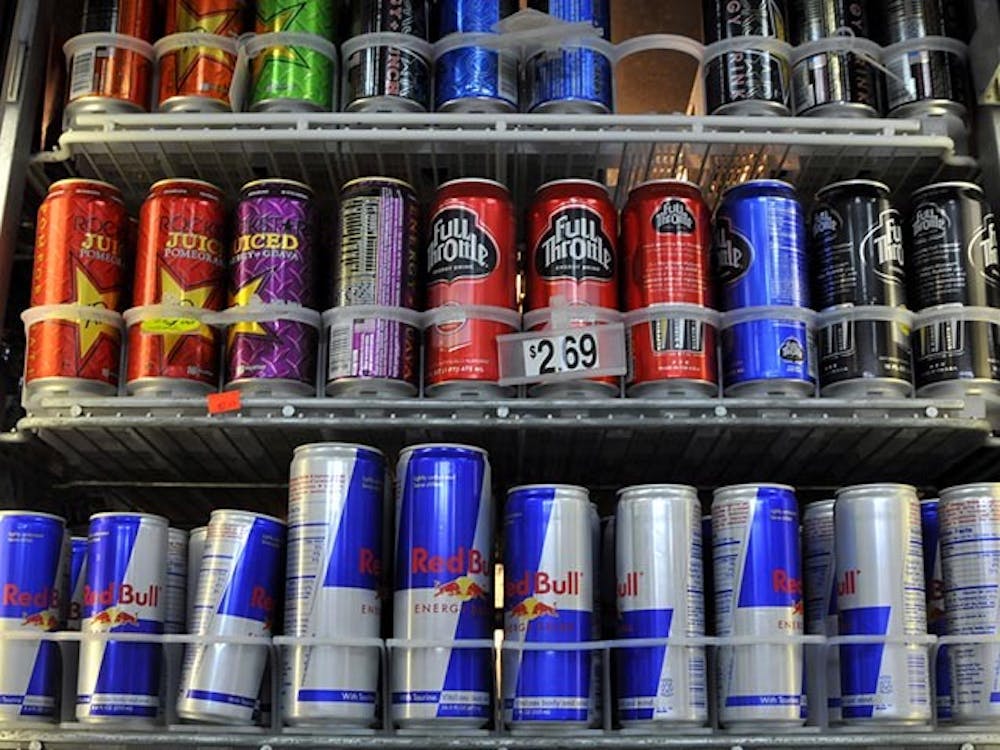College students rarely get the amount of sleep they need, according an August 2009 study published in the Journal of Adolescent Health. The study found that only about 29 percent of college students get the recommended eight hours of sleep each night. But sometimes, this is by choice.
The all-nighter is the college solution to procrastination, overloaded schedules and a lack of free time. We are only young for so long, so why waste precious hours asleep? You can sleep as much as you want when you retire.
Staying Awake
Your ability to remain awake is a balance between three “companions”: you, your biological clock, and external stimulation, according to "Sleepless at Stanford," an article written by William Dement, professor at Stanford University and Founding President of the American Sleep Disorders Association.
“If one of your companions drops out, you and the other may be able to manage. If both companions drop out and you are left alone, you absolutely cannot hold up the heavy sleep debt and you are crushed. In other words, you cannot stay awake no matter how hard you try,” Dement writes.
An individual has the most direct influence on external stimulation since the biological clock is the body’s natural sleep rhythm. Getting out of this rhythm results in “sleep debt” which increases the bodies need to sleep the larger it gets, according to Dement.
Pulling an all-nighter means beating your sleep rhythm. Here’s how:
Natural Energy
Energy drinks may be the first thing a college student will turn to in order to stay up all night. However, they come along with a lot of nasty side-effects. A 2007 study published in the Nutrition Journal surveyed about 500 college students involving energy drink consumption. The study found that energy drinks result in “weekly jolt and crash episodes” in users 29 percent of the time. A more alarming finding was that 19 percent of those who drank energy drinks at least once a month experienced heart palpitations.
If someone continually consumes energy drinks throughout their all-nighter, they can become “caffeine intoxicated,” which is basically overdosing on energy. Medical experts at John Hopkins University recently called for warning labels on energy drinks, stating that common side affects of caffeine intoxication include “nervousness, anxiety, restlessness, insomnia, gastrointestinal upset, tremors, tachycardia, psychomotor agitation and in rare cases, death.”
Instead of throwing back Red Bulls, try some good sources of natural caffeine like green tea. Green tea is full of catechins, which the CDC has identified as antioxidants and aid in stimulation. It gives you a little kick with some much healthier side effects.
Besides caffeine, protein is another good way at keeping up energy. Protein releases energy over a much longer time than fat. So while those sour gummy worms may give you an initial energy boost, walnuts or almonds keep you going longer into the night.
Don’t make it too easy
To keep awake, you need to keep your brain as active as possible. This means partly inducing some level of stress, so don’t get too comfy. A rookie mistake of the all-nighter is to put on comfy clothes and sit in a big plushy chair. Wear normal clothes and sit on something that keeps your posture up. Don’t keep the room comfortably warm and avoid blankets at all costs.
Let there be Light … Just Not Blue
Our biological clocks are tied to light, which is why we try to sleep in dark places. Attempt to fake out your body by making the room you are in bright as day.
The Lighting Research Center found that our body’s natural sleep rhythm can be influenced up by blue light. In a 2005 study, they used blue light to speed up natural sleep rhythms so they could match the actual time. Exposure to blue light led participants to fall asleep earlier and wake up earlier. What does this mean for us all-nighters? Avoid blue light like it was the plague!
Contact the reporter at sbauge@asu.edu.





